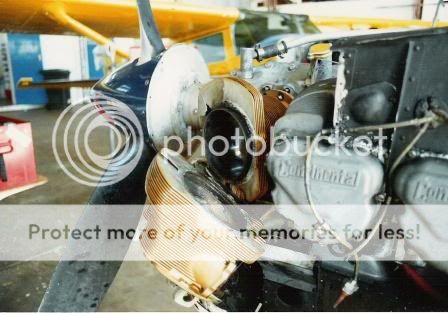I have ~1100 hrs, predominantly in a PA28-180, but about 50 hrs in a Seneca II as well. A few hundred hours of night flying, and about 100 hrs of simulated + actual IMC. 80% of my flying is in the Chicago area.
I have never experienced an engine failure. I have had the engine hiccup, run roughly, and lose RPM due to a mag failure. This was at about 500AGL after takeoff, and I did an immediate 180 and landed. Of course, the mag had just checked ok on the ground just prior to takeoff.
To your question about what kind of plane to buy... that's a difficult question to answer. I will share a few experiences that may be of interest.
My family had a Seneca II for about 10 years, and although it was a great plane, it was quite expensive to maintain (probably 4-5x the expense of my Cherokee). Others may have different experiences, but it was enough to scare me out of personally owning a twin.
As far as currency goes, I found VFR single-engine ops to be quite simple. The Seneca II is turbo'd and climbed quite easily at 5k in the summer when light/moderately loaded. At the time of my multi training, I was flying my Cherokee IFR a lot, and was very comfortable doing so. With that background, I was surprised at how 'behind' I felt when losing an engine during approach phase under the hood. Between emergency checklists, maintaining attitude, flying the approach, and communicating with ATC - it really was task saturation. I am sure more practice would have made it second nature, but it was probably the toughest thing I have ever done in aviation, and certainly made me realize how dedicated one needs to be to staying current in a twin.
A friend has recently bought a non-FIKI deiced SR22 (non-turbo). It will not do 190kts, but it will easily fly at 170kts, and can fly 180kts if pushed. The idea of having a parachute certainly mitigates a lot of the single-engine risk. If I only needed 4 seats, I would definitely consider the SR22 before a twin.
Part of the answer also stems from how often you plan on crossing the lake, and what your risk tolerance is... I will not cross the lake in a single (chute or not).
Last, in my last ~10 years of flying a non de-iced single near Chicago, I have only cancelled/delayed a handful of flights due to icing concerns. Even in winter, I am surprised at how many VFR days there are if your time/schedule can be a bit flexible.
But what is your experience? How many times over the years have you personally experienced an engine failure? If you were in my shoes, which of the following would you buy - Baron B58, Cessna 400, Cessna 310, Cirrus SR22?

 Haven't cracked it yet.
Haven't cracked it yet. 


 I do think pilots should *want* to learn enough to know where other traffic will be.
I do think pilots should *want* to learn enough to know where other traffic will be. 



 ) and one due to being a lightning rod while playing in a squall line near Johnston Island. The pelican did not help the performance of the HH-3F since we at max gross, but we got low and limped back to Key West. The 130 had a small fire and total electrical loss until our crew chief Mcgyvered some watts back as we DR'ed our way back to Honolulu.
) and one due to being a lightning rod while playing in a squall line near Johnston Island. The pelican did not help the performance of the HH-3F since we at max gross, but we got low and limped back to Key West. The 130 had a small fire and total electrical loss until our crew chief Mcgyvered some watts back as we DR'ed our way back to Honolulu.